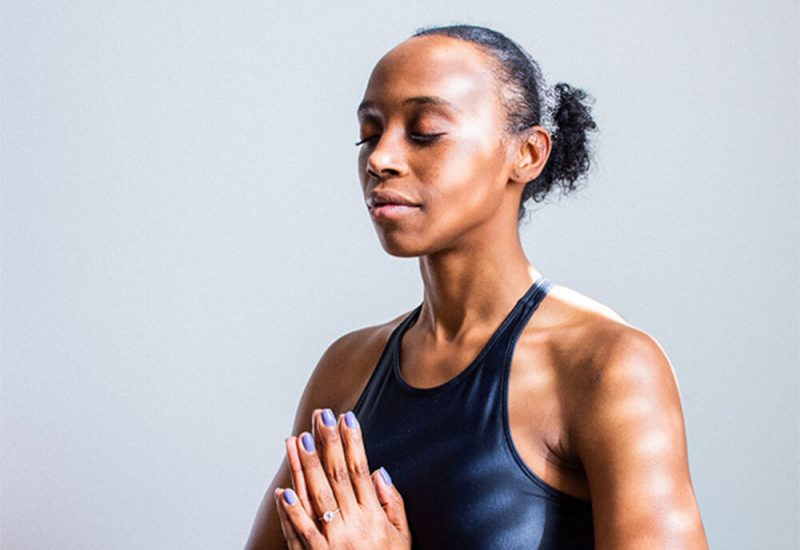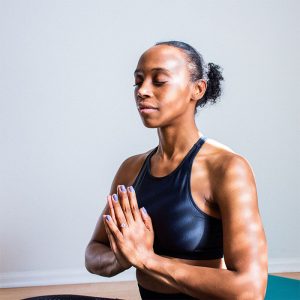 Ottawa organization, Women of Colour Remake Wellness, seeks to challenge the white dominated nature of wellness spaces. Photo by Madison Lavern on Unsplash.
Ottawa organization, Women of Colour Remake Wellness, seeks to challenge the white dominated nature of wellness spaces. Photo by Madison Lavern on Unsplash.
GABBY CALUGAY-CASUGA – OTTAWA • ON | 20-01-2021
Community, Health, Justice
Wellness spaces are not welcoming to Black, Indigenous and people of colour (BIPOC), according to wellness group Women of Colour Remake Wellness and Resilience Educator Komal Minhas.
On Dec. 19, Minhas shared a multipart Instagram post outlining how wellness spaces are unwelcoming to BIPOC. She pointed out that wellness spaces in North America have been co-opted by white people who have created wellness practices for themselves.
“Let’s continue to demand more diversity and inclusivity in the wellness space. You deserve to feel well, you deserve to feel respected and you deserve to feel understood,” Minhas said in her Instagram post.
The ostracization in wellness spaces is what inspired the creation of the Ottawa organization Women of Colour Remake Wellness. Cassandra Pierre, who does contributor outreach for the group, said she joined the group because she did not feel respected in wellness spaces in Ottawa.
“Sometimes there will be cultural aspects that will clash,” Pierre said. “When I am sick, I feel like some people do not take it as seriously or say, ‘Oh, these people are known to exaggerate.’”
Pierre said that these spaces do not necessarily intend to ostracize BIPOC but that it is still what is happening.
“The wellness space needs to be rooted in intersectionality in order to support BIPOC individuals with our physical and mental health and take into account our lived experiences and the systems of oppression we face,” Minhas wrote in her post.
Pierre explained that seeing herself represented in wellness spaces makes a huge difference.
“You feel more comfortable,” Pierre explained. “You don’t like being the only person that looks like you in a certain space. You feel comfortable when you see, ‘Okay this person looks like me and therefore if something were to happen, people will not blame me or treat me as othered.’”
Pierre reminds BIPOC who are trying to find comfort in wellness spaces that, “you are not alone. We have all felt that at some point. Things are getting better and you can always reach out.”

